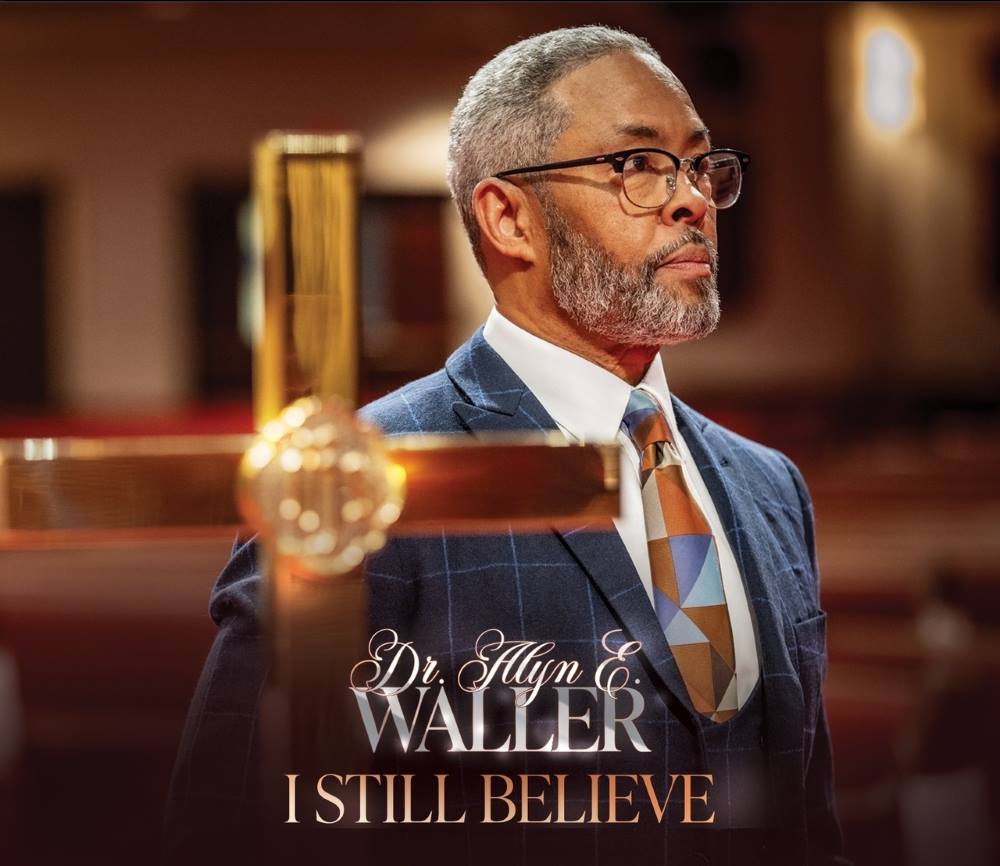From the Milwaukee Journal Sentinel. In addition to jazz, blues, and dance music, Paramount released dozens of spiritual and sermon recordings during its short but prolific tenure.
TBGB has heard that the specialist referred to below is none other than the “recording history detective” himself, Dick Spottswood.
By LAWRENCE SUSSMAN
lsussman@journalsentinel.com
Posted: June 8, 2006
Grafton – When Paramount Records closed its Grafton manufacturing plant in 1932, rumor has it that the record company dumped some of its master recordings and many of its 78 rpm records in the Milwaukee River near Falls and Green Bay roads.
That possibility brought a crew from the PBS show “History Detectives” to Grafton on Thursday, said Rachel Liebling, one of the show’s producers.
“A lot of Paramount’s inventory went missing,” Liebling said while gazing at a series of waterfalls on the river. “People want to know what happened to the 78s and the master recordings.”
So as part of a “History Detectives” episode on the history Paramount Records that is expected to air in August, four scuba divers were hired to scour the river’s bottom for the master recordings and records. The divers work for the Deep Blue diving center in Milwaukee.
From 1922 until 1932, Paramount made roughly one-fourth of all blues recordings produced in the United States at the Wisconsin Chair Company factory in Grafton.
But would the dumped records be playable after more than 70 years in the Milwaukee River?
“You just don’t know how well the shellac will hold up on the 78 records,” she said. “But we hope to find out.”
The PBS show has found a specialist who has equipment to listen to master recordings if any are found, she said.
The August episode also will tell viewers what happened to Paramount Records and will share something about some of the African-American musicians who came to Grafton, said Tukufu Zuberi, who will host the show.
The 1920s, he said, was a time when many African-Americans migrated to the North, and some of them brought their music with them.
“This town (Grafton) played a critical role in the democratic process” for African-Americans, he said. “So many of these people had experienced the Jim Crow practices.
“Their recordings,” he said, “allowed you to listen to the heartbeat of these people and hear them talking about overcoming their problems.”
Grafton Village President James Brunnquell watched the filming and allowed the scuba divers to set up their equipment at his home along the Milwaukee River.
The village plans this summer to construct a downtown outdoor meeting area, called Paramount Plaza, where some of the jazz and blues artists who made records in Grafton will be honored. The plaza will be at the three-way intersection of 12th and Wisconsin avenues and Bridge St.
Brunnquell said, “We hope that the television show will help to reintroduce people to the heritage of our village.”
From the June 9, 2006 editions of the Milwaukee Journal Sentinel
Written by : Bob Marovich
Bob Marovich is a gospel music historian, author, and radio host. Founder of Journal of Gospel Music blog (formally The Black Gospel Blog) and producer of the Gospel Memories Radio Show.









 Visit Today : 10
Visit Today : 10 This Month : 213
This Month : 213